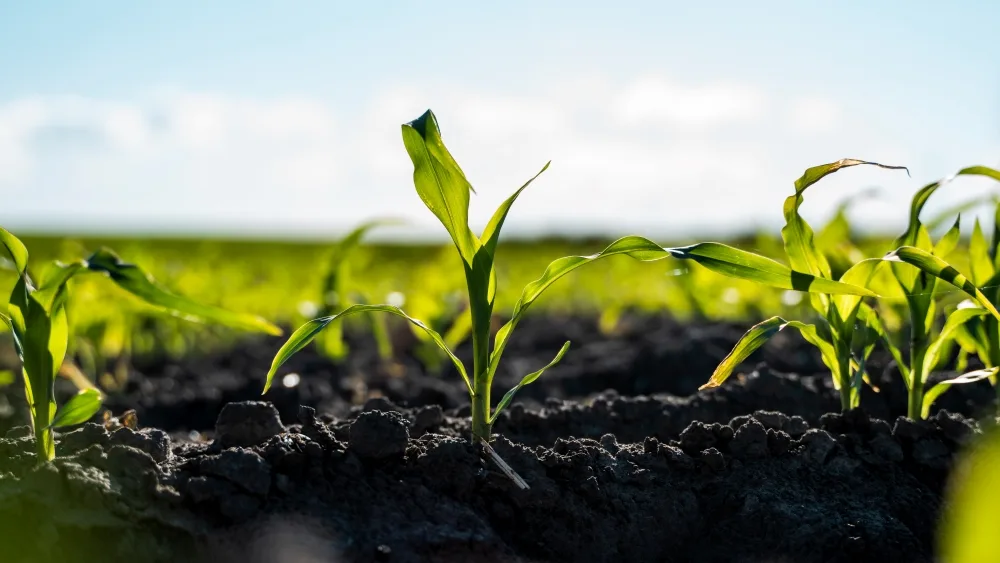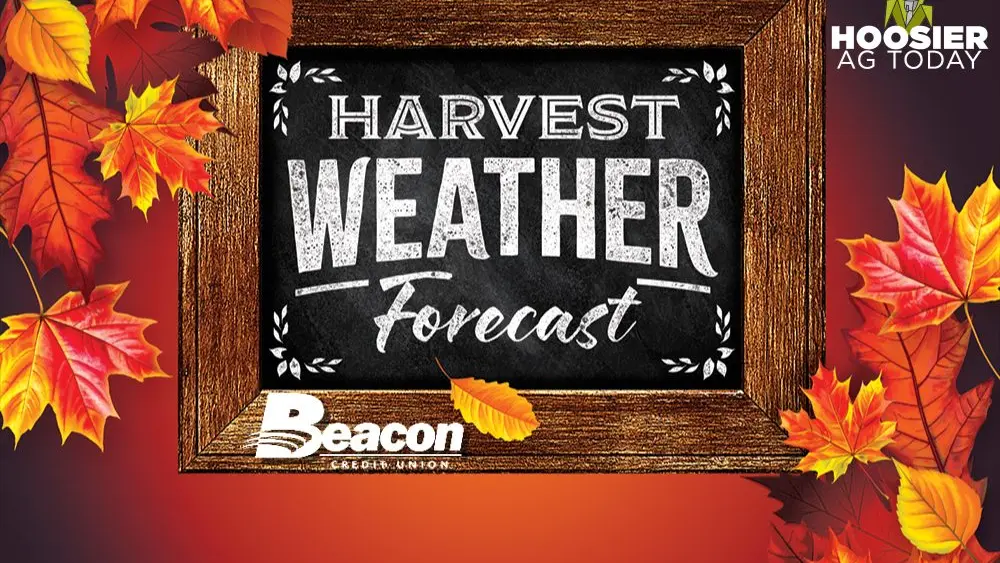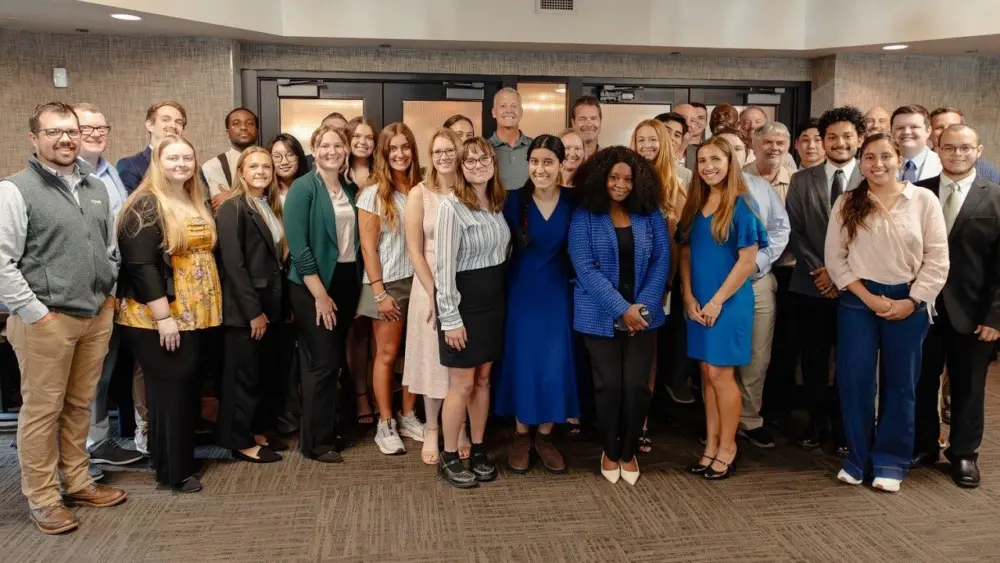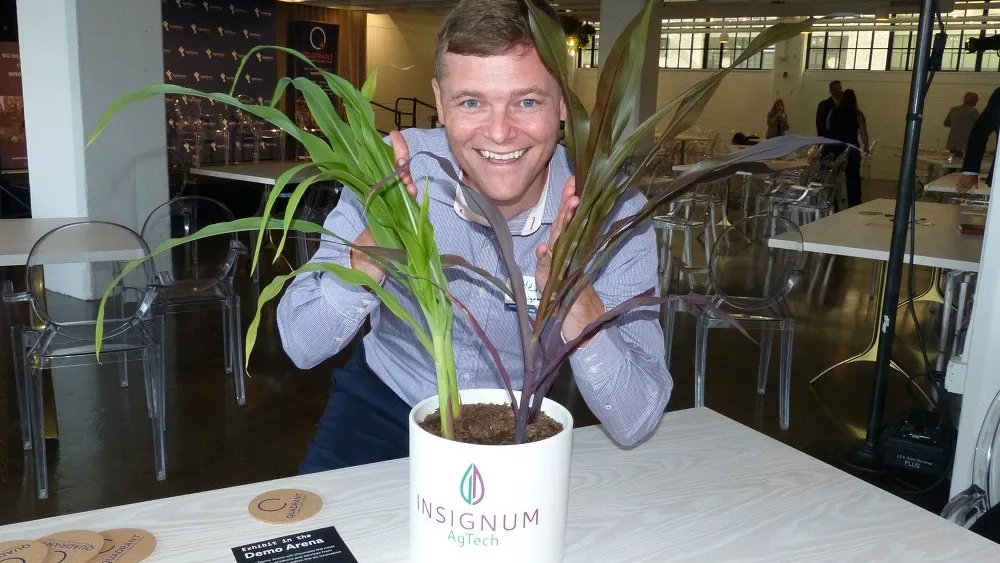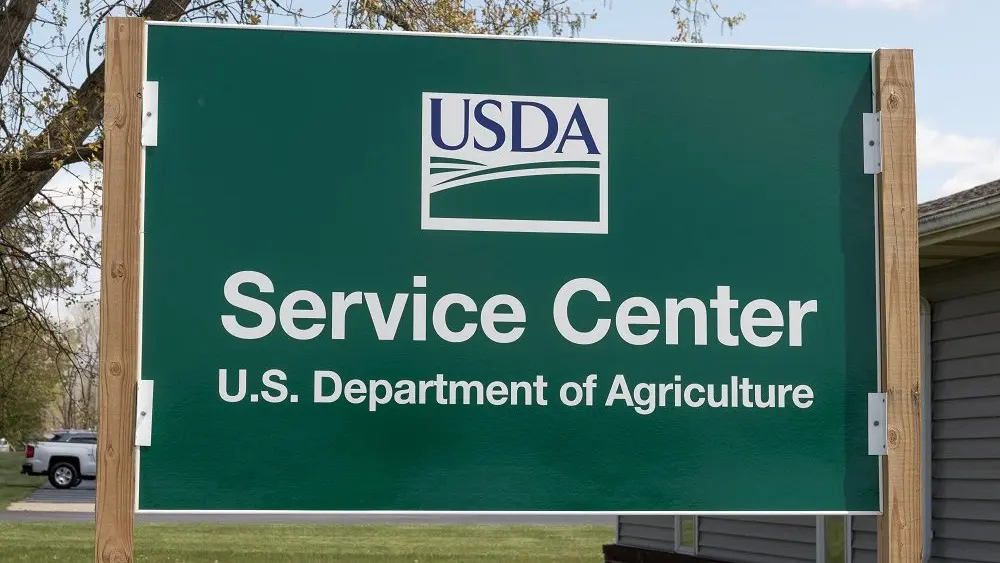Purdue Extension’s Dan ‘Corn’ Quinn and ‘Soybean Shaun’ Casteel are back for another episode of the Purdue Crop Chat podcast, found now at HoosierAgToday.com. We caught up in Houston last week at Commodity Classic. Indiana Soybean Alliance member Mark Legan joined us to discuss the top corn and soybean issues facing him on his farm. He had this one for Dan.
“Nitrogen management in corn- it seems like the more I know, the less I know. It just seems like we spend an awful lot of money and cross our fingers that the weather’s going to participate to help us like it did this last year. And if not, by the way, we’re not being good stewards of the environment if we can’t utilize all that nitrogen.”
Quinn says he’d be a much better nitrogen manager if only he had a weather crystal ball, but he says Indiana farmers are doing a good job managing it the best they can.
“You talk about starters. We can put some level of nitrogen by the plant and then a lot of folks have moved towards more in-season where they’re side dressing it or even later side dressing it so they can kind of time it. It comes back to those four R’s of nitrogen. Can we time it when that plant needs it instead of some folks putting it all on in the fall or very early spring where that nitrogen is just going to be exposed for a longer period of time for potential losses.”
While researching nitrogen is difficult because it’s always moving and transforming, Quinn has been conducting research on nitrogen inhibitors.
“I think a lot of the inhibitors that are out there, that technology has been around for years… They work, right? They do a good job of keeping it in the ammonium form, keeping it where it kind of needs to be. They’re not a perfect silver bullet to it. But in terms of some level of protection, urease inhibitors do a great job of helping with volatility.”
Hear more on this and much, much more in the Purdue Crop Chat podcast, found below or wherever you listen to podcasts.

